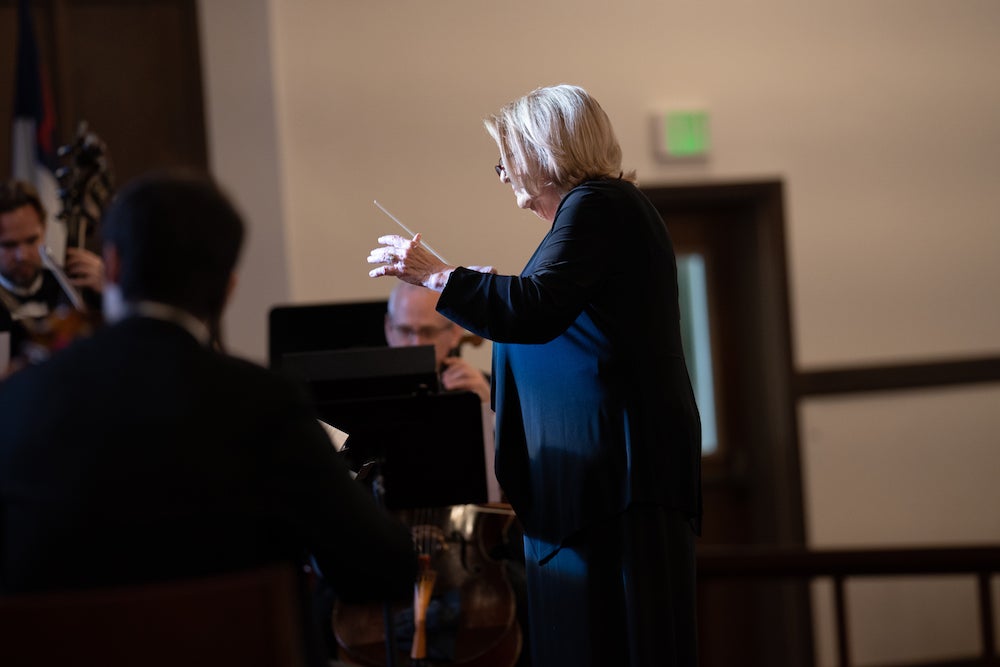Ever since 2005, Robert Wolff has spent a lot of time looking at the ground.
“I found an arrowhead in my driveway that year, and I flipped out,” he says. “I’ve been looking for them ever since.”
It became a hobby, he says — a hobby that amassed probably 2,000 arrowheads in the past decade.
“I made necklaces and have given away or sold darn near most of them,” he says with a laugh.
But that’s the fun of it, he explains — to find the heritage that’s just lying around right under our feet, appreciate its worth and help others appreciate it too.
“That’s kind of why I’m into it,” Wolff says. “It’s kind of like finding gold in the ground.”
And when he gives them to the children who come to visit Aldridge Gardens — where he works in maintenance — “they are so enthused,” he says. “They light up. Sometimes, they even send me cards. It tickles me to death.”
Not all of them care, he says, but the ones who do, he likes to pour his knowledge into them.
“We’re not good respecters of the land in general,” he says. “I mean, we’ve gotten to the point where we feel like we have to buy water in bottles.”
So Wolff tells kids about how to appreciate the earth, to appreciate the legacy that the Native Americans left behind, how to find arrowheads and how to do it without desecrating the land.
What does he tell them?
“Well, those are secrets,” he says with a laugh. “I really don’t want just everybody to go looking for them.”
Arrowhead hunters have to follow the law and respect the land and the Native American heritage, he adds.
But Wolff did give a few tips.
“When it rains, that’s the best time to look. A rock that’s been worked on is usually shiny. It kind of sparkles,” he says.
And if there’s a lot of chert rock around, that may also mean there are arrowheads nearby, Wolff says — a Native American might have sat there making hammers.
“When I walk through the woods, I look for anywhere I think Indian camps might’ve been. I look for rocks that have been chipped several times or more,” he says.
He learned his skills living in Mississippi when he and a buddy at his welding job began to research arrowheads together.
“Smithsonian Institute helped us a bunch. We started reading,” he says. “It showed how they heat treated the rocks and then reworked them.”
And it wasn’t long before his little welding booth had bits of rock everywhere in it, Wolff says. He learned how to do flint knapping — or stone shaping — himself.
It’s a talent that he’ll display at Whispers From the Past: A Native American Experience on Oct. 2 at Aldridge Gardens, a Native American history program offered every fall.
Tilla Marshall, a volunteer at Aldridge Gardens, says the area has a rich native American heritage, and Wolff is great at showcasing it.
“He’s great with kids and has a good sense of humor. He gets down on their level literally — he kneels or sits in front of them and gets eyeball to eyeball with them,” Marshall says. “My granddaughters think he’s amazing. He showed them his collection last week and told them about the type of stone and the process of cutting them, and they were just enthralled.”
Wolff says he’s loved his work at Aldridge Gardens ever since he moved to Hoover to take the job three and a half years ago.
And in addition to his flint knapping, he’s found one arrowhead on the grounds.
“I brought it to Eddie Aldridge and he said, ‘Yeah, we have an old camp here on the grounds,’” Wolff recalls.
But Aldridge won’t tell him where it is, he says with a laugh.
“He knows I’m a hunter. He’s testing me. He only smiles and says, ‘Robert, it’s there,’” Wolff says.
If he does find it, he’s going to keep it hush-hush. And anything he finds will belong to the gardens.
“But I’m still looking every day,” he said.
For more information about Whispers From the Past, visit Aldridgegardens.com.











